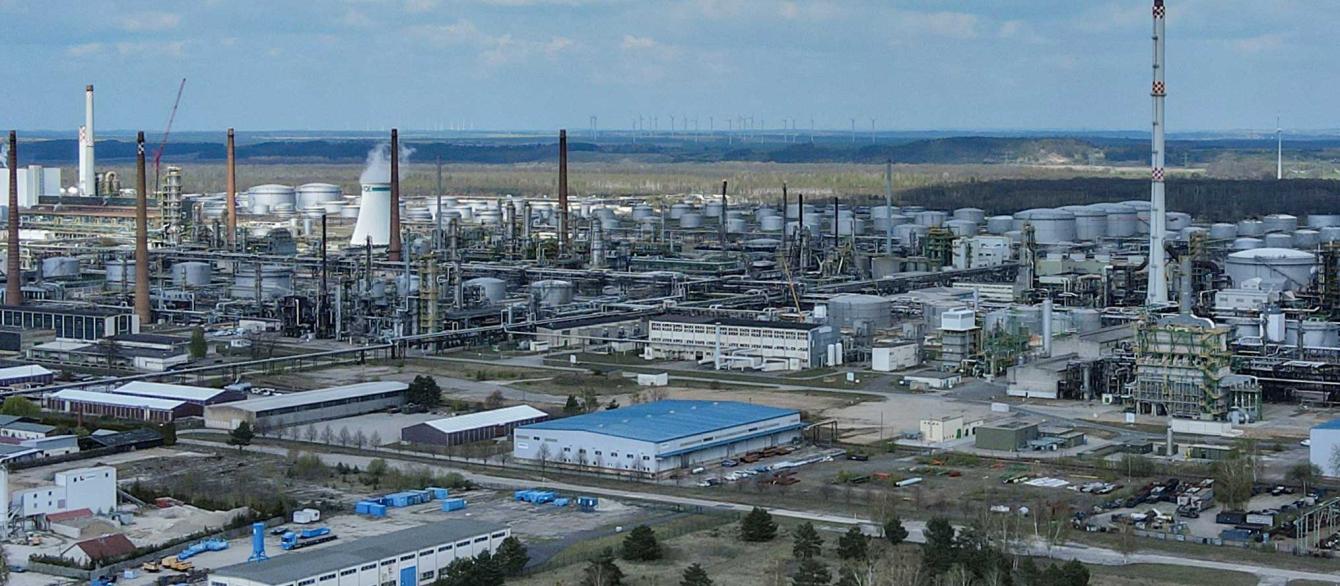As the Russian naval cruiser Moskva was engulfed in flames on the Black Sea earlier this month, Vladimir Putin gathered with senior ministers to deal with a different unwelcome consequence of his war on Ukraine — one far less dramatic than the sinking of a flagship but more dangerous to the ultimate strength of his regime. The agenda for this meeting was to find solutions to what was euphemistically termed “the current situation in the oil and gas sector.” Looking tired and twitchy at times, Putin rattled off a list of problems plaguing Russia’s most strategically important industry. But the main challenge he was trying to address seemed like a new one for him: What does Russia do if the West stops buying its oil?
Putin appears to have been caught off guard by the recent shift in Western sentiment toward a Russian oil embargo, and perhaps with good reason. As recently as late February, when the first new round of sanctions was announced, the West made clear they did not apply to energy exports. But in the aftermath of Russian atrocities in Bucha and elsewhere, support has swelled for an embargo on Russian oil exports — the Kremlin’s single largest source of government funding. Since then, the U.S. and Canada have imposed a ban. EU policymakers have signaled some desire to follow suit, but they’ve struggled to agree on how to implement an embargo that avoids excessive self-harm. A ban could trigger an oil price shock that would plunge the world economy into recession, drive up global food costs and weaken unity among Ukraine’s allies.
Read More
The full text of this article is available via Politico.






